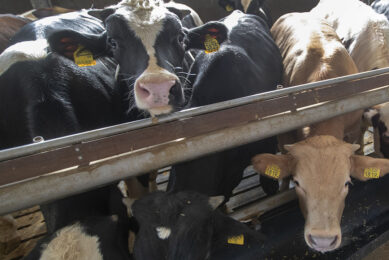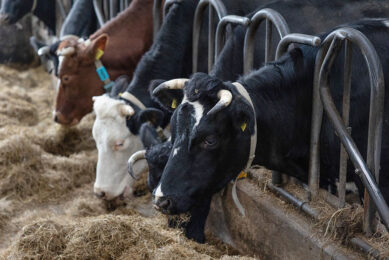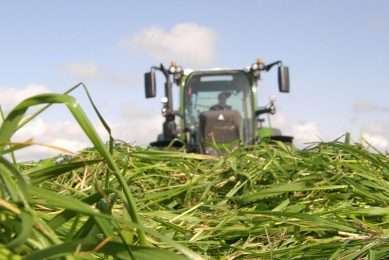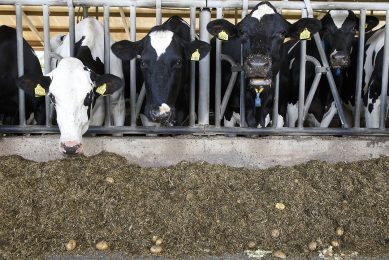Canada reports 10th case of BSE
Canada recently confirmed its tenth case of bovine spongiform encephalopathy (BSE), or mad cow disease—its second of 2007.
The case was found in a mature dairy cow from British Columbia, the Canadian
Food Inspection Agency (CFIA) said in a May 2 statement.
The disease was
detected through Canada’s ongoing surveillance program. The cow’s carcass is
under CFIA custody, and no part of it entered the human food or animal feed
systems, the CFIA said.
CFIA officials determined that the 66-month-old
animal was born after a 1997 feed ban, imposed by Canada and the United States
to prevent the spread of BSE from contaminated protein from cattle and other
ruminants in cattle feed.
The preliminary investigation suggests that the
animal was probably exposed to a very small amount of infective material, most
likely during its first year of life.
The age of the animal falls within
the age range of Canada’s previous BSE cases and is consistent with the known
incubation period of the disease, the CFIA report noted.











